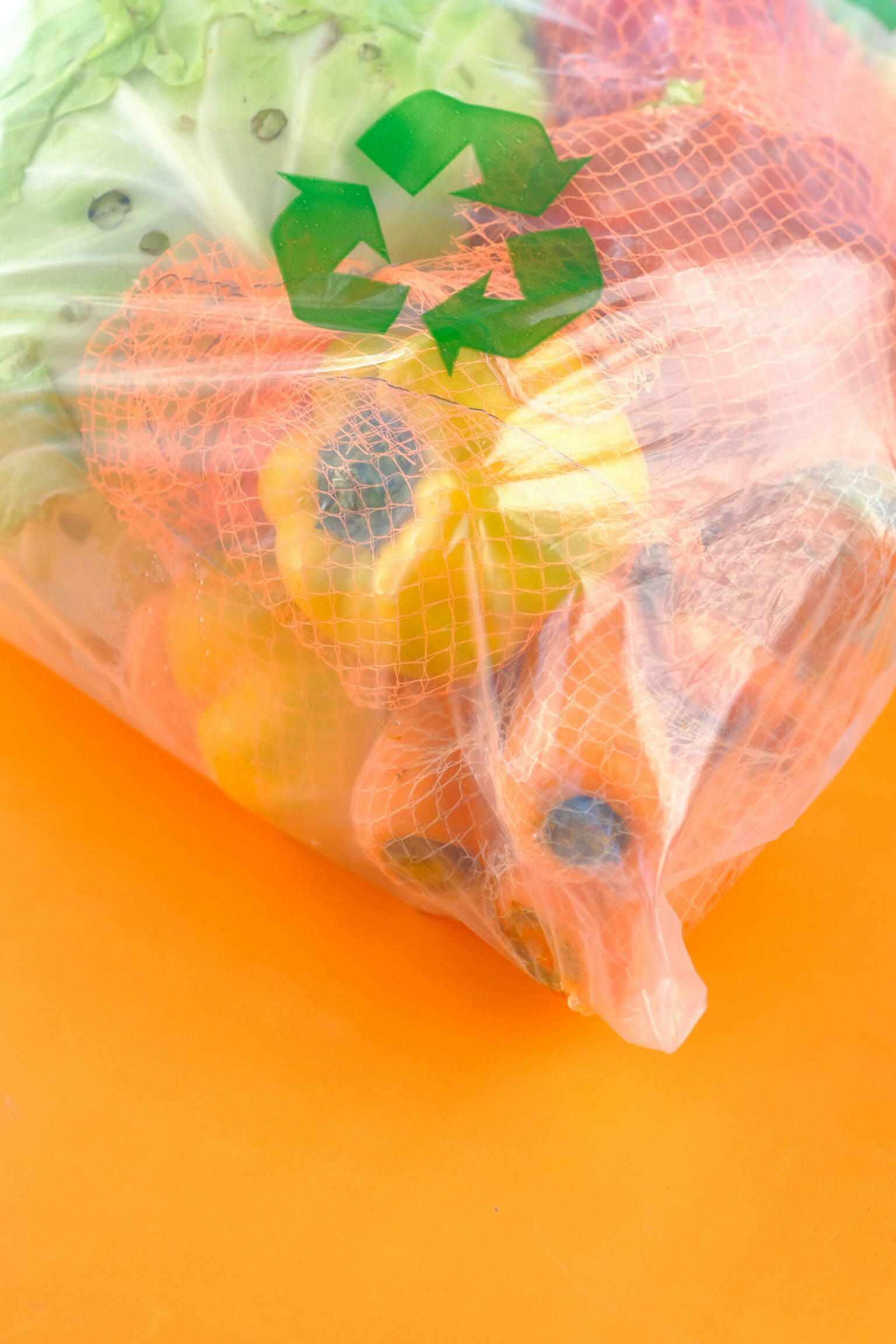Italy’s Competition Authority (AGCM) has imposed fines totaling over €32 million on Novamont S.p.A. and its parent company Eni S.p.A. for abusing their dominant position in the national markets for bioplastics used in lightweight and ultra-lightweight carrier bags.
The AGCM found that Novamont engaged in exclusionary practices that severely limited market access for competitors, undermining both fair competition and environmental innovation.
According to the decision, Novamont has held a dominant position in the Italian market for bio-based raw materials (so-called bio-compounds) used to produce shopping bags and fruit-and-vegetable bags, primarily through its flagship product, Mater-Bi. From 2018 to 2023, the company’s market share consistently exceeded 50% for shopping bags and 70% for ultra-lightweight bags.
The AGCM concluded that Novamont implemented a dual-layered system of exclusive supply agreements. First, it bound direct customers — converters who manufacture bags using bio-compounds — to source solely from Novamont. These converters accounted for around 52% of the national demand for shopping bag materials and 70% for ultra-lightweight bags. Second, Novamont secured exclusive agreements with large retail chains, which purchase the finished bags from the converters. These retail chains agreed to use only bags made from Mater-Bi, produced by Novamont’s partner converters. In some cases, these chains represented up to 44% of the total retail demand and provided as much as 51% of revenue for Novamont’s exclusive converters.
This closed-loop system created a self-reinforcing mechanism. Retailers committed to buying only Mater-Bi-based products encouraged converters to maintain exclusive sourcing from Novamont, while the widespread adoption of exclusive supply contracts by converters incentivized retailers to formalize exclusive deals with Novamont. As a result, rival bioplastics producers found it nearly impossible to enter or grow in the market, regardless of product quality or pricing.
The AGCM determined that this exclusionary strategy significantly hindered healthy competition and obstructed market access for alternative bioplastics. Notably, the regulator underscored that such conduct not only harms the competitive landscape but also impedes environmental progress. The Italian and EU legislative frameworks require that shopping and ultra-lightweight bags be biodegradable, compostable, and — in the case of ultra-lightweight bags — made with at least 60% renewable materials. Open competition is vital for spurring innovation in the development of alternative, potentially more efficient or affordable bioplastics that could further environmental goals.
Novamont received a fine of €30.36 million, while an additional €1.7 million was levied jointly with Eni, which was held responsible as the controlling entity.
The AGCM’s decision reinforces the principle that environmental objectives and market competition are not mutually exclusive. On the contrary, the Authority emphasized that a competitive, innovation-driven bioplastics sector is essential for delivering on Europe’s ecological transition.
